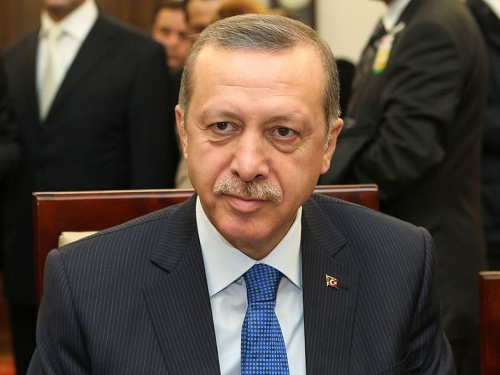
This article was originally published by War on the Rocks on 30 October 2014.
As Turkey celebrates its 91st anniversary as an independent state since Mustafa Kemal Ataturk forged a modern republic from the ruins of the Ottoman Empire, much of today’s tumult in its region is eerily reminiscent. Having once ruled from Istanbul through Baghdad, Cairo, Damascus, Jerusalem to Tripoli, no country has more at stake than Turkey; and no leader has more to prove than its first popularly elected president: Recep Tayyip Erdoğan, who has always sought to overturn the effects of early Republican Kemalism. Claiming that his domestic win was a victory for all these regional capitals he even stated that, “The only loser is the status quo.” Having set 2023, Turkey’s centennial, as the deadline for his ambitious slate of reforms, Erdoğan will be celebrating this Republic Day as the first president outside of Ataturk’s shadow as he plans for the next decade ahead.


